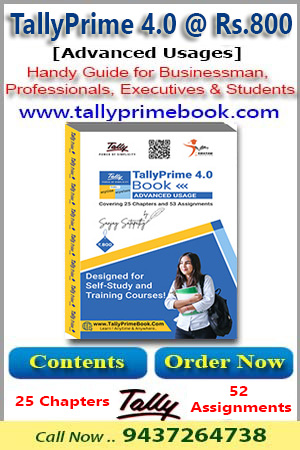1. Every person whose total income exceeds the taxable limit.
2. Every Business/Profession whose total sales, turnover or gross receipts exceed Rs.5 Lakhs.
3. Every person shall quote his PAN in all documents pertaining to:
a. Who sells/purchases any immovable property worth Rs. 5 Lakhs or more.
b. Who sells or purchases Motor Vehicle or Vehicle which requires registration.
c. Who wants to open Time Deposit A/c with Banks/Post Offices exceeding Rs. 50,000.
d. Who wants to deposit amount exceeding Rs. 50,000 in Bank & Post-Office Savings Bank.
e. Who sells or purchases Securities exceeding Rs. 1 Lakh.
f. Who opens a Bank Account * & Demat Account.
g. Who makes payment to Hotels & Restaurants against bills exceeding Rs. 25,000 at a time.
h. Who wants to purchase DD/Pay Order/ Banker’s Cheque by payment of cash aggregating Rs. 50,000 or more during any one day from a Bank.
i. Payment in cash exceeding Rs. 25,000 in connection with Foreign Travel.
j. Payment of an amount of Rs. 50,000 or more to buy Mutual Fund, Shares, Debentures or Bonds.
k. Buying high-end consumer goods
* Those not having PAN can submit a simple declaration in Form No. 60/61.
Any person who has not been allotted PAN and who makes payment in cash otherwise than by way of Nc payee cheque or draft or issued by any Bank in respect of any of the above listed transaction, should file a simple declaration in Form No. 60 giving the particulars of the transaction. |





